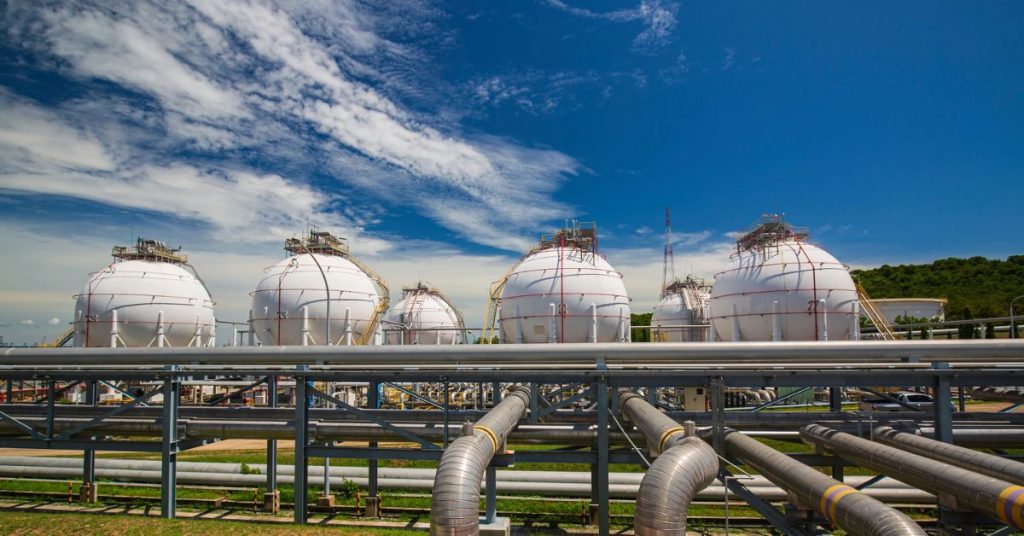The Environmental Protection Agency’s decision is a blow to 15 unidentified small refineries that had sought the waivers from requirements to blend renewable fuels into gasoline and diesel, arguing the mandates were too costly.
However, the agency determined none of the 26 rejected applications demonstrated they experienced disproportionate economic hardship caused by their compliance with the Renewable Fuel Standard mandates. The rejected applications sought relief from quotas for 2016-2018 and 2021-2023 compliance years, an EPA official said.
The move is consistent with the EPA’s approach to the issue since President Joe Biden took office. The agency last year rescinded dozens of previously granted RFS exemptions, part of a bid to reorient the program after years of legal fighting over the waivers. Although the RFS authorizes waivers for some small refineries that can show they’ve suffered an economic hardship under the biofuel mandate, a federal court has held that the exemptions may only be granted when those financial woes are caused by compliance to the rules.
Biofuel advocates have argued against the waivers, saying they diminish the RFS and dilute the power of annual blending requirements. Under the program, fuel importers and refiners are generally obligated to mix biofuels into their gasoline and diesel — or buy tradable credits known as renewable identification numbers from others that do.
Tags: Biofuel, Diesel, Gasoline, Oil refinery, Renewable Fuel



Recent Posts
Japan Launches Major R&D Project to Advance Shipbuilding with Alternative Fuels
EU Adopts Emissions Standards for Low Carbon Hydrogen to Bolster Clean Energy Market
Trafigura to Implement ZeroNorth’s AI Platform Across Global Fleet
Cochin Shipyard to Construct eCap Marine’s Hydrogen-Fuelled SeaShuttles for Samskip
India Strengthens Hydrogen Economy with Hyundai-IIT Madras Innovation Centre
India Showcases Green Maritime Ambitions at London Investment Meet
Hong Kong Launches Incentive Scheme to Promote Green Maritime Fuel Bunkering
MSC Hosts Sustainability Experience in Antwerp for Global Supply Chain Leaders